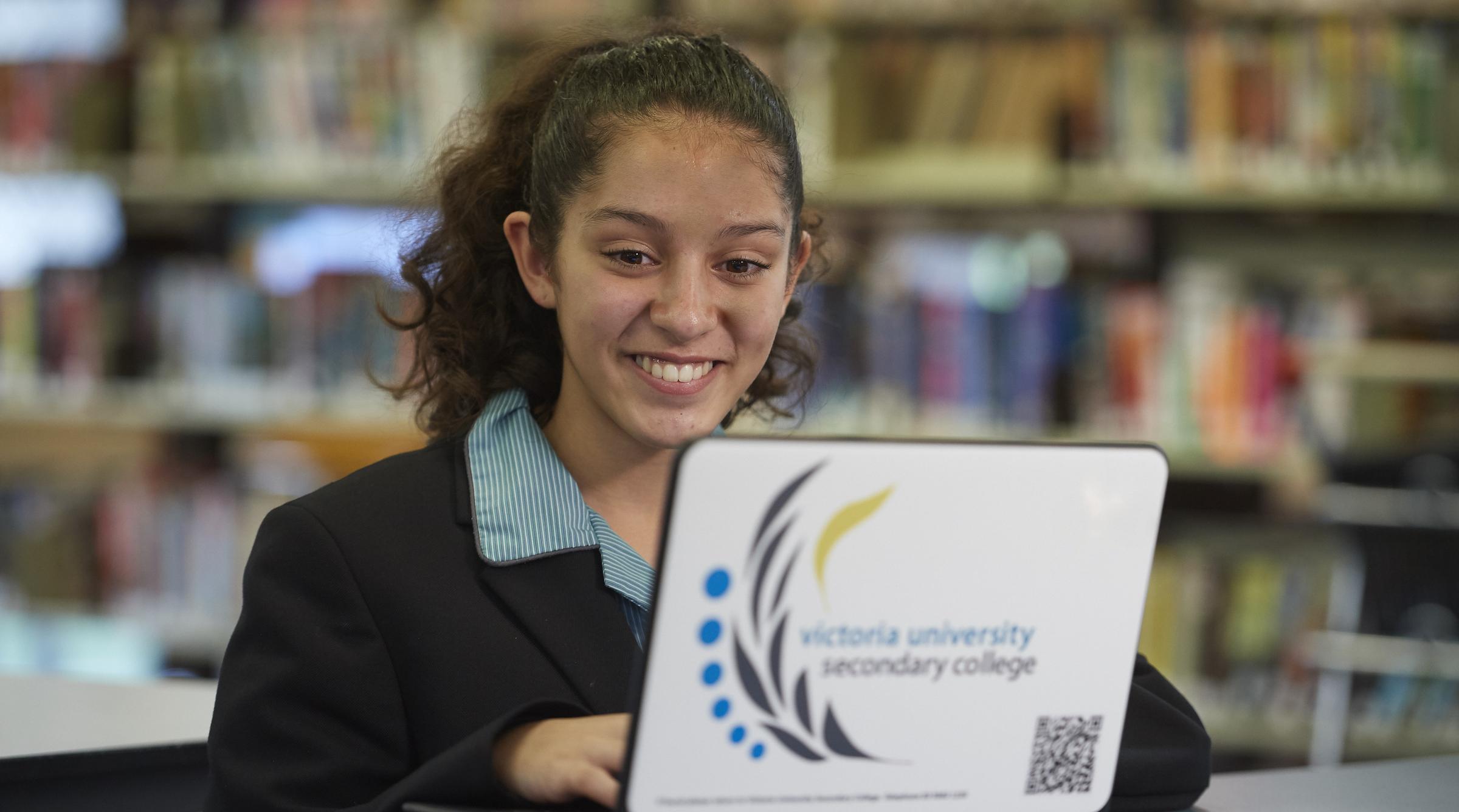A Parent Guide to Online Safety

Learn about the digital environment and how to help your child have safe and enjoyable online experiences.
From the Office of the eSafety Commissioner:
https://www.esafety.gov.au/education-resources/iparent
At VUSC keeping children safe is a continuous priority. Below are selected extracts from a new online resource for parents that you might find useful in discussing online safety as a family responsibility.
Social Media
Fact: On average, children aged 10 to 14 years have 2 active social media accounts.
Talk regularly with your child about privacy settings on social media. Updating your own privacy settings sets a great example and helps you understand potential safety issues. Be aware of any minimum age requirements.
Screen Time
Fact: On average, outside of school, 10 to 14 year olds spend 23 hours online per week.
1. Try to encourage positive screen time, like content that you can view and enjoy together. Discourage anything that is overly aggressive or disrespectful.
2. Negotiate key rules together, such as when screens can be on and when they need to be turned off. Young teens are likely to respond better to rules that they’ve contributed to and see as being fair and consistent.
3. Agree ahead of time on the rules and strategies to get your child to switch off from the screen. With gaming, think about a timer that signals that game time is nearly over and be clear about the consequences for not switching off.
Sharing Personal Information
Fact: 12% of 10 to 14 year olds share personal information online.
1. Get your child on side with online privacy by explaining how their personal information can be used now and in the future.
2. If you have your own social media account, think about the types of photos and information you share. Do you post photos of your child that show details of their school, sporting club or other activities? Take the opportunity to review your own habits and model safe online behaviour.
Cyberbullying
Fact: 21% of 10 to 14 year olds reported being socially excluded by others online (one
form of cyberbullying).
1. Young people might not tell their parents about cyberbullying. They may be embarrassed or worried you might overreact, restrict access to devices or make things worse if they speak out. Try to respond calmly. Listen first, then act.
2. Be aware—key signs can include being upset after using devices, changes in personality, a decline in school work and appearing lonely and distressed.
Help and Resources
If your child is distressed and needs further help as a result of a negative online experience:
Kids Helpline: 1800 55 1800
Free online and telephone counselling for children and young people aged 5 to 25 years.
Headspace: 1800 650 890
Free online and telephone counselling for young people aged 12 to 25 years.
Top 5 Reasons For a Social Media Detox - read here.
